
Film, Television, Digital Video Production Course Details - Fees, Subjects, Syllabus, Duration, Eligibility, Career Scope
Degrees offered: B.A.(Hons), B.A., M.A., Diploma, P.G.D
What is Film, Television, Digital Video Production
Production refers to the complete process of making a film, series or broadcast show involving use of elements like writing, casting, sounds etc. It starts with developing the final video from raw shots and sounds. Production involves various stages like developing a story idea, screenwriting, casting, shooting, sound recording, editing and finally taking it to screen for a vast audience either through film, radio, television or other video mediums. Broadly, production in all of these stated mediums involves three stages - Pre-Production, Production, and Post-Production. Each stage incorporates different modes of study and requires specific areas of expertise. One is required to pursue a specialised degree in Production to make a career either in film-making or in television and other video production.
Also Read: Online Film Television Digital Video Production Courses & Certifications
Students also liked
Course Fees Film, Television, Digital Video Production
| Minimum Fees | Maximum Fees | |||
|---|---|---|---|---|
| Private | Government | Private | Government | |
| UG | ||||
| PG | ||||
| DOCTORAL | ||||
| DIPLOMA | ||||
Upcoming trends
Browse film television digital video production certification courses
| VR and 360 Video Production |
Popular Film, Television, Digital Video Production Entrance Exams in India
Questions related to Film, Television, Digital Video Production
I completed my Btech in Production and industrial engineering, i have 3 years of work experience in Vedanta I want to give gate 2026 for good PSU Can you pl help me, i didnt find any PSU hiring P
You have practice and better technical skills due to both your advanced education and your 3 years of work in this field.
To further enhance your career prospects, consider:
[It would also help to] choose advanced topics, like Lean Manufacturing, Six Sigma, or Industry 4.0, to learn more.
- Participate in industry occasions to meet other experts and prospective employers.
To enhance your skills and open up management roles, you can go for an MTech or an MBA.
My cee rank is 1150. am i eligible for industrial& production engineering ?
Hello Aspirant,
Yes, a CEE rank of 1150 will allow you to get Industrial & Production Engineering as long as you fall within a specific College and category (General/Reservation). The cutoff ranks vary each year, so as it is, I would recommend that you take a look at the previous year cutoffs for the colleges that you wish to specifically target. To get a clearer picture, you can refer to the official cutoff lists:
-
Assam cut off pdf (https://media.getmyuni.com/assets/downloadables/c2d0d527-d723-4f70-81af-99194d71a8f5.pdf)
my obc rank is 39761 and percentile 91.8 obc ncl,homestate haryana so can i get nit kurukshetra with production engineering branch?????
With obc ncl rank of 39761 and a percentile of 91.8, admission to nit kurukshetra production and industrial engineering branch under the home state quota might be challenging. Based on previous year's trend The OBC closing rank for this branch tend to fall significantly below 20,000. Though, cut offs vary each year depending on the number of applicants, seat availability and difficulty level of the exam it's advisable to participate in the JoSAA counselling rounds and also keep options open for lower nits or other branches which are with higher closing ranks.
I got a rank of 46k in jee mains 2025 i.e 97 percentile. My college options are IIIT ECE - una, sri city, kota , raichur, nagpur , sonepat IIIT cse - dharwad, ranchi, bhagalpur, manipur IIITDM mechanical - kanchipuram, jabalpur NIT JSR - metallurgy, production, civil BIT mesra - EEE, ECE, Mnc. Pls help me Im really confused
Hello Vaibhav,
You're in a good spot with a 97 percentile and solid IIIT/NIT/BIT Mesra options.
If your aim is software/tech industry (coding, product, startups, placements): opt for CSE at any of the IIITs at Dharwad, Ranchi, Bhagalpur or Manipur. Even tier-3 IIITs (CSE) will lead to better placements and internship opportunities in software roles than core branches at NITs. These will lead to better ROI than core branches, due to the tech placements and remote work.
Your next best option: IIIT ECE at Sri City or Una (ECE at Sri City has good industry engagement since it is close to Chennai & tech parks).
Recommended Prioritisation (if you are comfortable pursuing a tech career):
- IIIT CSE (Dharwad > Ranchi > Bhagalpur > Manipur)
- BIT Mesra – ECC/EEE
- IIIT ECE (Sri City > Una > Nagpur > others)
- NIT JSR – Civil > Metallurgy > Production
- IIITDM Kancheepuram (Mech).
If I get a production engineering in Jabalpur engineering college than what is chance to get another brach and which
Hello ,
I hope you are doing well. As per your mentioned query , you can upgrade your branch after the completion of your first year. But it is based on your performance and also the merit list. For upgradation you have to fill the form for the same.
I hope this helps you!
Good luck!!


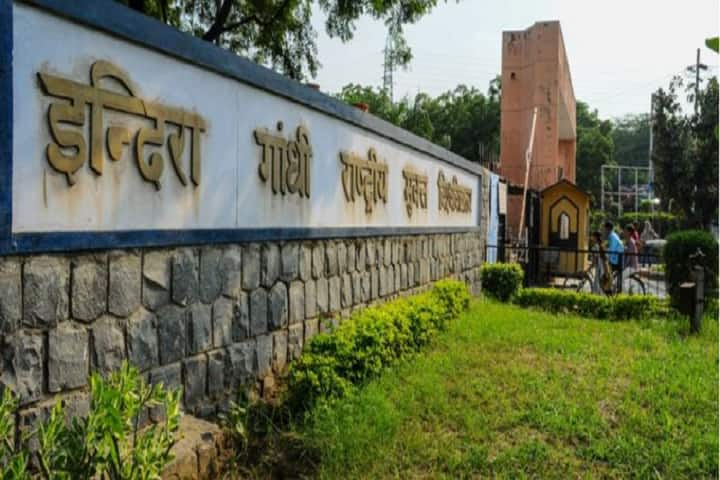
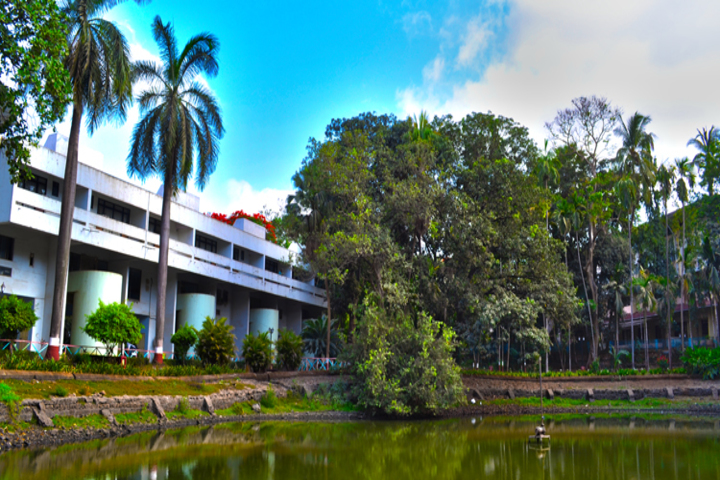
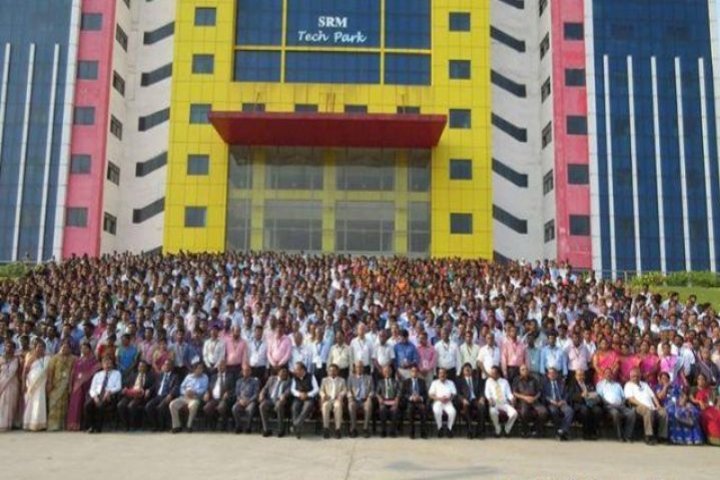
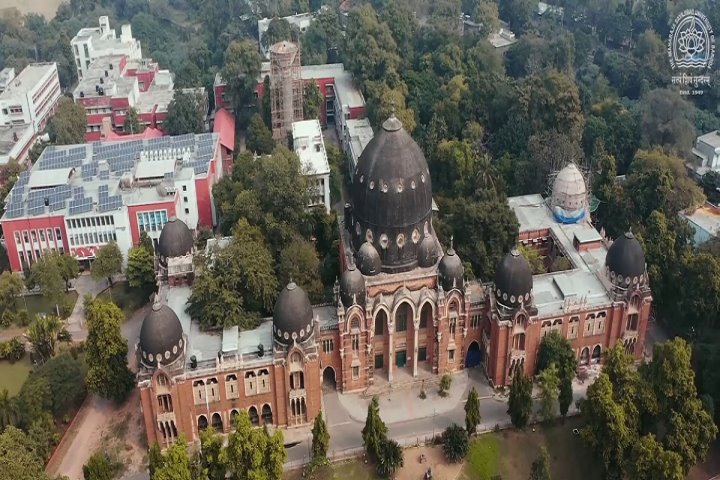
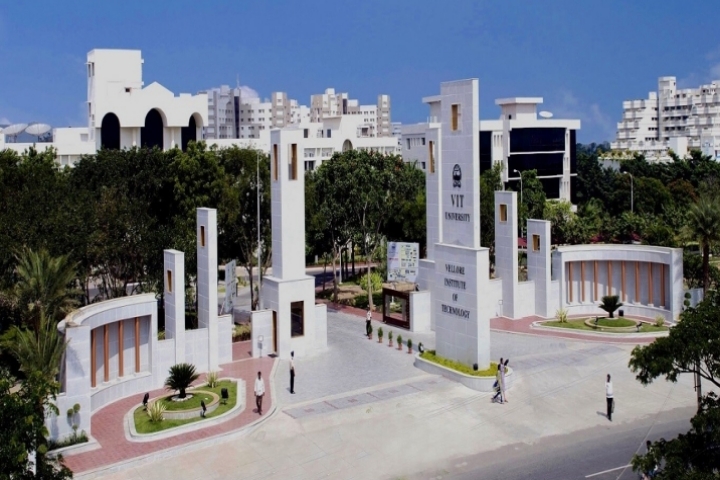
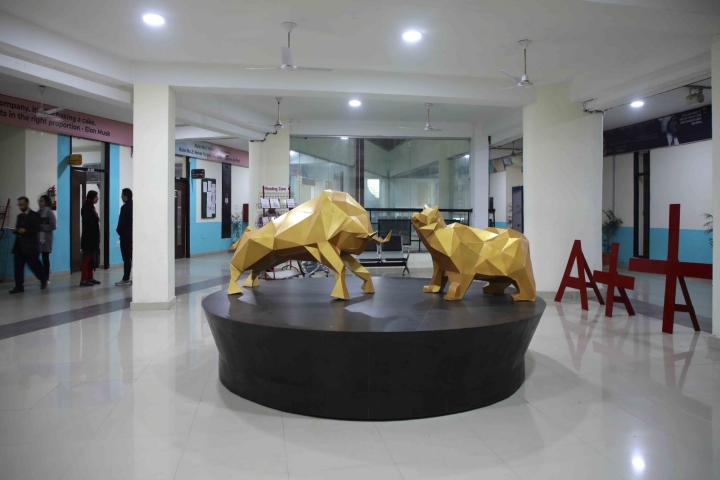
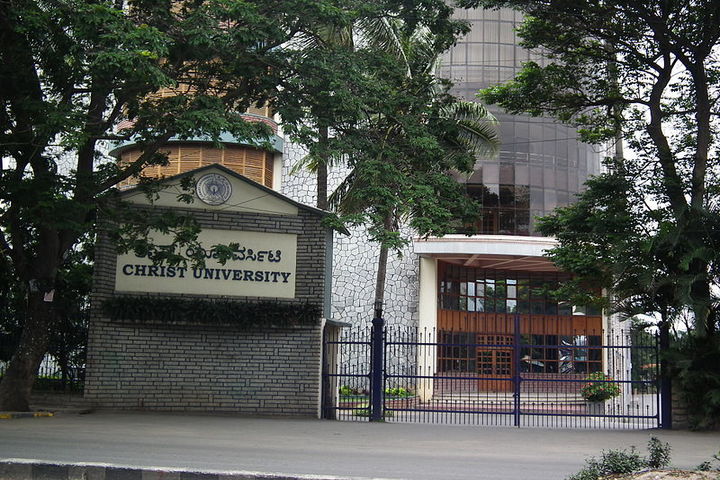

 Answer later
Answer later









